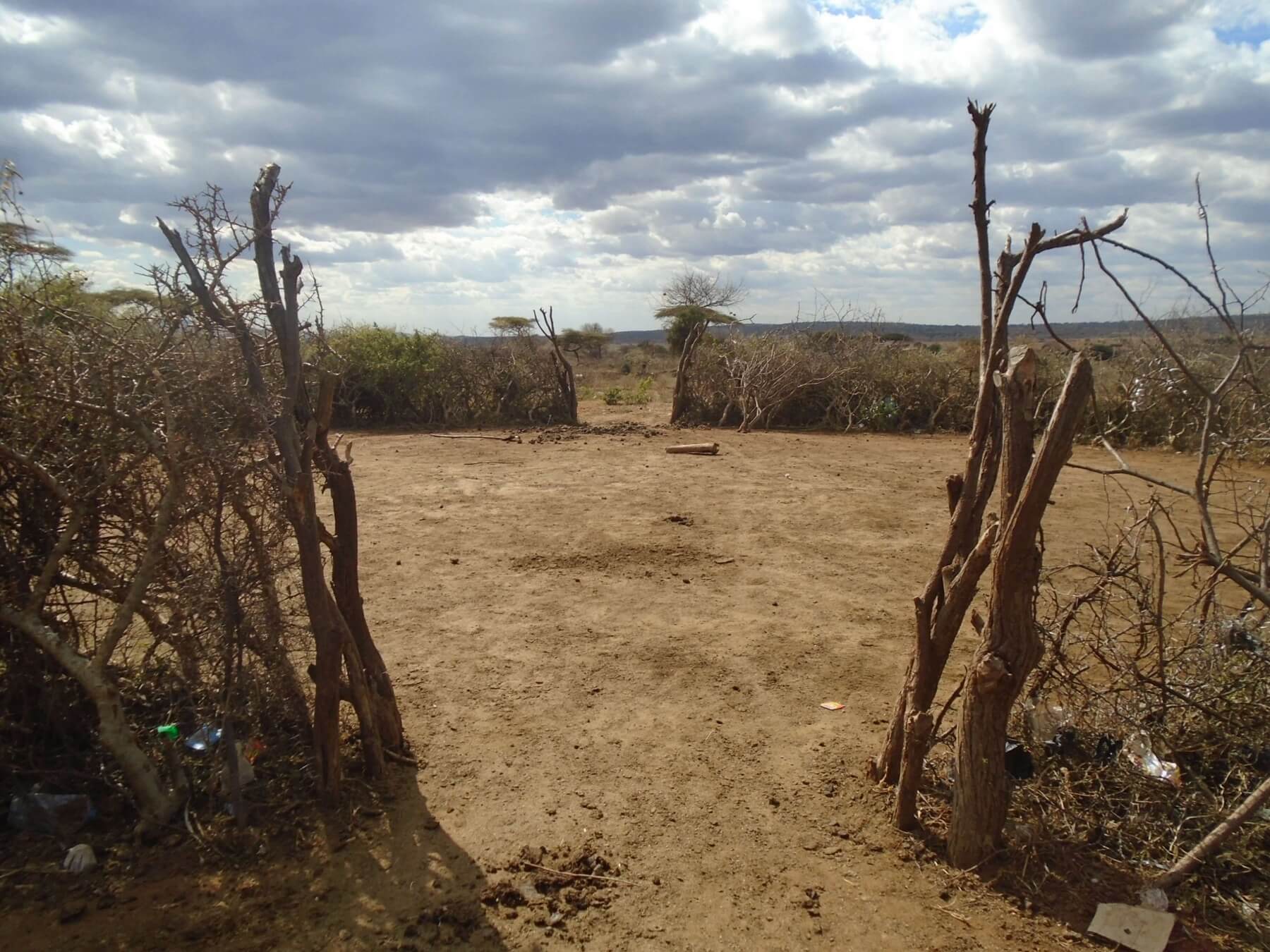Multiplicity
of Uncertainties
borana photovoice
Facilitated by Maresha Taye
Risks and uncertainties are experienced differently by pastoralists depending on their family status, their relationships with their wider clan, groups and networks. Together these shape their particular world view and their experience of droughts.

Pastoralists
rotate their privately owned land between growing animal feed and crops depending
on the season and resource requirement (for livestock or grains for the household).
As the picture shows, the tiny grass was cut by an agro-pastoralist in the
hopes of rain, which would allow crops to flourish. Unfortunately, the
anticipated rain did not arrive. Sora, 34, defined uncertainty after taking
the above picture:
“Uncertainty is dealing with something you have no control over. I can
control changing my pastureland to a farmland but not the rains to grow the
crops.”

Although enclosures for calves and lactating animals
remain open during fodder shortage seasons, members of this village's community
were late in opening up the enclosure. Godana had not anticipated this. One of
his calves is in distress — as food supplies diminish, animals get frail and
illness takes hold. He explains uncertainty with this picture.
“Rain is rain, and drought is a drought—no mystery about them. Uncertainty is the series of events around those [rain and drought].”
“Risk is something that makes your daily life more challenging. It is the
depletion of resources that is fundamental to your survival. Uncertainty is your
limited knowledge of when and how these essential supplies may dwindle.”


During the 2018 stress period, Obda migrated to
Gomole, in the northern part of Borana, where it rained more. Pastoralists –
whom he had never met before - hosted him. They let him graze his animals and
cultivate crops on their land. He harvested the grain, but his host refused to
take the crop residue, despite his insistence. He brought everything back to
his house. During that critical moment, that small crop residue has helped him
keep his calves alive. Although the picture in the left is a crop residue kept during
normal dry season, he wanted to communicate uncertainty with this picture.
“Uncertainty is a very complex term to explain. As a pastoralist, I can mention drought and conflict as the two major features of uncertainty. However, every source of uncertainty is unique every time it happens.”
“Uncertainty is a very complex term to explain. As a pastoralist, I can mention drought and conflict as the two major features of uncertainty. However, every source of uncertainty is unique every time it happens.”

Consumption of
alcohol is becoming more prevalent in Borana, and the majority of photovoice
participants identified it as a key cause of uncertainty. They stated that it
has an economic impact by competing with other types of livelihood investments;
socially, individuals are becoming less respectful of customary traditions -
when they are drunk, they would come and unleash their animals into communal
enclosures, causing disorder. Their work culture has deteriorated, and their
family relationships and overall well-being have suffered significantly. This picture is one of the examples most male photovoice participants took but
women could not in fear of harassment in the liquor houses.


In 2018 after five years
of marriage, Negelle, in her mid-twenties, lost her spouse in a fight with
Somali pastoralists over dry season pasture. Her husband was skilled in
livestock trade, which was their major source of income. However, after he
died, she was unable to continue the business since it demanded greater
negotiation abilities and networks with other traders, pastoralists, and
brokers. As a result, her fortune decreased in two years.
She expressed uncertainty
with the two pictures she took above, which she labelled as passive wealth (top) and active wealth (bottom), where the former belongs to her while the latter belongs to an affluent
pastoralist near her community.